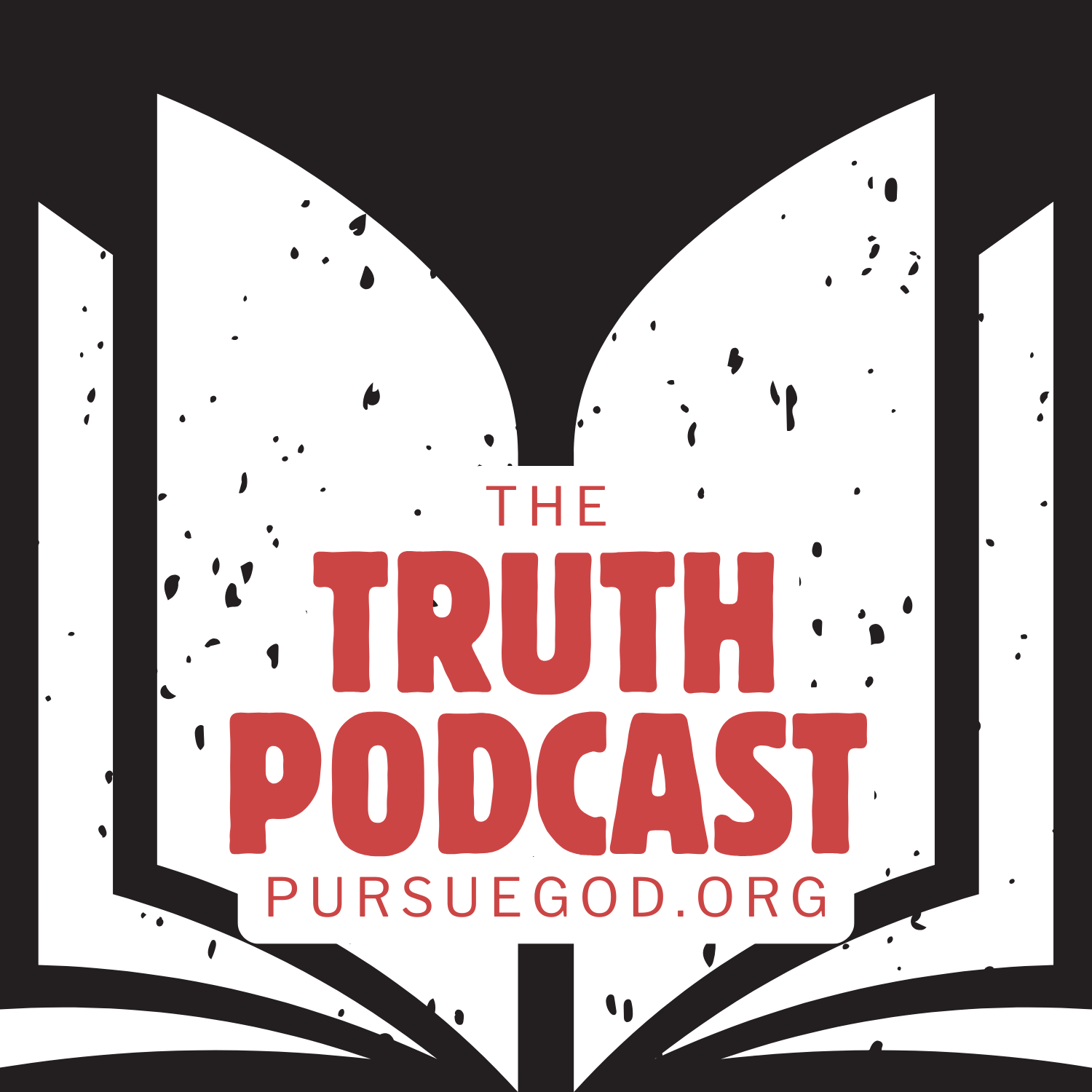Toxic Charity (1 Thessalonians 4:9-12)
Welcome back to the podcast! In this episode, we see how Paul challenges the Thessalonians—and us—to rethink generosity by pairing radical love with personal responsibility.
--
The PursueGOD Truth podcast is the “easy button” for making disciples – whether you’re looking for resources to lead a family devotional, a small group at church, or a one-on-one mentoring relationship. Join us for new episodes every Tuesday and Friday.
Find resources to talk about these episodes at pursueGOD.org.
Help others go "full circle" as a follower of Jesus through our 12-week Pursuit series.
Click here to learn more about how to use these resources at home, with a small group, or in a one-on-one discipleship relationship.
Got questions or want to leave a note? Email us at podcast@pursueGOD.org.
--
Toxic Charity: How Christians Should View Generosity and Work
1 Thessalonians 4:9-12 (NLT)
In a world that often misunderstands both generosity and work, the Apostle Paul brings much-needed clarity to the early Christians—and to us today. In 1 Thessalonians 4:9-12, Paul addresses the topics of brotherly love and personal responsibility. He affirms the generosity of the Thessalonian believers but also warns them to avoid forms of charity that create unhealthy dependency. Paul’s teaching is a call to Spirit-led love and dignity-restoring work.
1. Redefining Love: From Family to Church
In Greek and Roman culture, philadelphia—brotherly love—referred strictly to the bond between biological siblings. This love was expected to be loyal, sacrificial, and enduring. There was no social pressure to extend this kind of care outside the family unit.
But Paul redefines this cultural expectation. He says the kind of love reserved for family should now apply to fellow believers in the church—regardless of ethnicity, class, or background. The Christian family is not bound by blood but by the Spirit.
“You yourselves have been taught by God to love one another.” (1 Thessalonians 4:9)
This is the only time in the New Testament we find the word theodidaktoi—“taught by God.” Paul is contrasting the worldly idea of being “self-taught” in virtue (autodidaktos) with the Christian ideal: we are shaped and empowered by God himself to love deeply and sacrificially.
2. Generosity Rooted in God’s Love
The Thessalonian believers were already living this out. Paul notes that they were supporting not just their own congregation but believers throughout the entire region of Macedonia. This generosity wasn’t based on surplus wealth—it came from hearts transformed by God.
“Even though they are very poor… their abundant joy has overflowed in rich generosity.” (2 Corinthians 8:2)
The Thessalonians exemplified what Christian giving should look like: cheerful, selfless, and Spirit-led. Paul’s encouragement to “do this more and more” shows that generosity is not a one-time act but a lifestyle to be continually cultivated.
3. A Caution About Toxic Charity
But Paul doesn’t stop with encouragement. He offers a firm challenge in verses 11-12:
“Make it your goal to live a quiet life, minding your own business and working with your hands… Then people who are not believers will respect the way you live, and you will not need to depend on others.”
In the Greco-Roman world, many people—especially the poor—survived through a system of patronage. Wealthy patrons provided resources, but in exchange, they expected loyalty, political support, and public praise. This created cycles of dependency and limited social mobility.
Paul calls believers out of this system. He dignifies manual labor and challenges Christians to work hard, take responsibility, and avoid becoming burdens to others. He’s not condemning all charity—he’s correcting toxic charity that robs people of dignity and promotes dependency.
4. Empowering, Not Enabling
This has strong implications for how we approach charitable giving today. Whether we’re talking about government welfare programs or church-based assistance, the principle remains the same: biblical charity should empower, not enable.
Helping someone in need is good. But if that help discourages personal responsibility, hard work, or growth toward independence, it can become harmful.
Christian generosity should walk the tension of compassion and empowerment. It should reflect the love of God while also honoring the biblical call to work and contribute.
5. Final Takeaway
Paul’s teaching in this short passage is both timeless and timely. He invites us to:
- Love beyond bloodlines.
- Give beyond our means.
- And serve in ways that elevate others—not trap them.
This is a vision for the Christian life where love is taught by God, generosity flows from joy, and work is seen as a God-honoring calling. That’s how we “walk properly before outsiders” and point people to Jesus—not just with our words, but with our lives.

